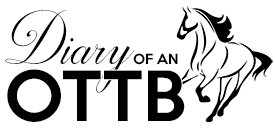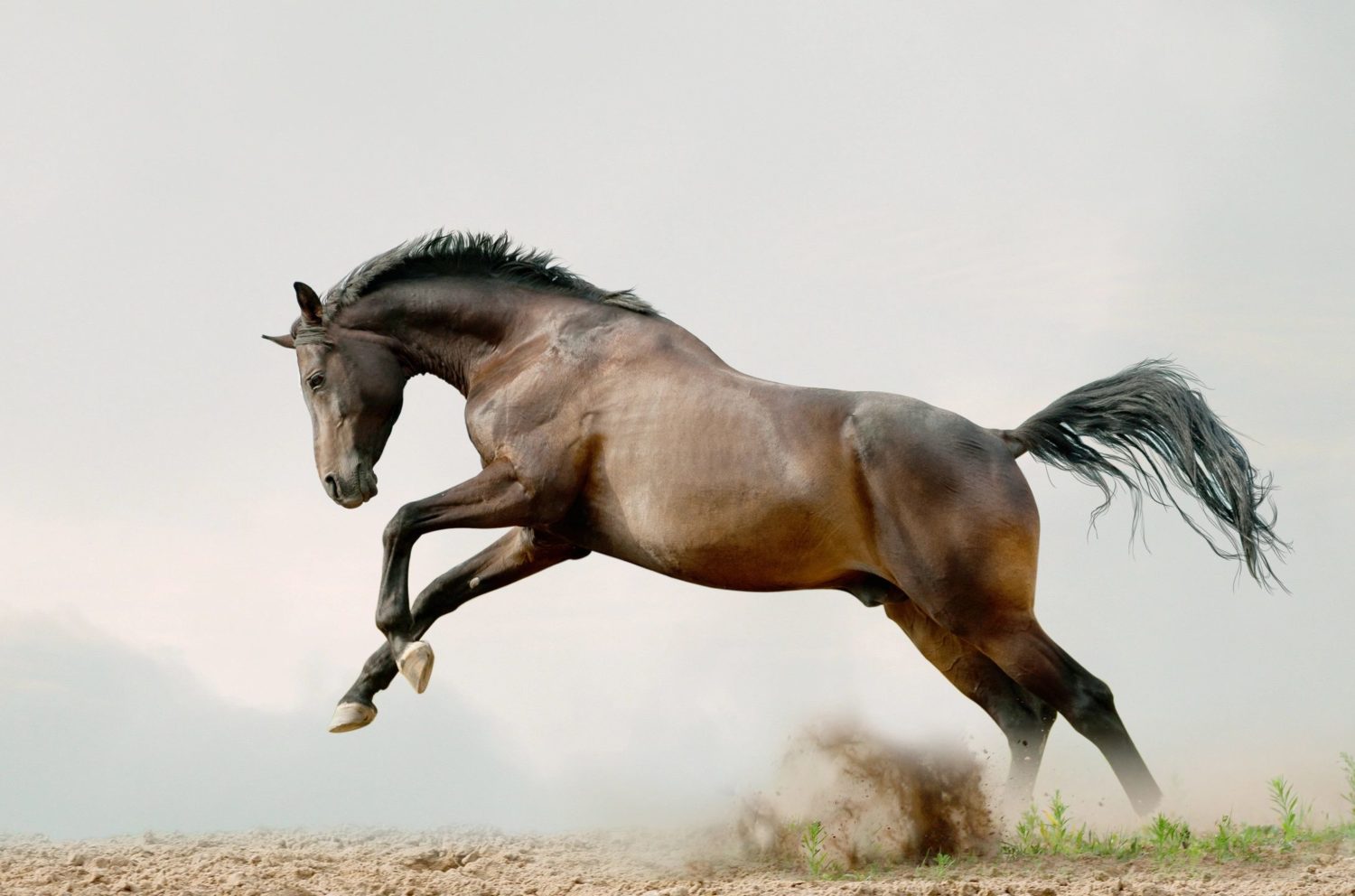I had an oops moment. And in that moment I realized how lucky I was.
It was really just a mental lapse but one thing’s certain with horses: mental lapses can turn into accidents in a heartbeat.
I came within a few inches of being kicked in the ribs and walked away with a small bruise that could have easily left me with broken bones had I been a few inches closer instead. After watching him for a few minutes after the incident, I realized the cause — flies. Indy appears to have a low tolerance for flies and attempts to kick them off his hind legs and well, I ended up on the receiving end as I was walking around him to leave the paddock.
You see, I don’t know what I don’t know. But I do know better than to completely let my guard down around a horse I don’t know much about.
But that’s exactly what I did.
It’s the amateur’s mistake. And while I may be an amateur, I will never stop trying to outgrow that moniker. I don’t want to be an amateur forever, so learn I must and in situations like this all you can do is chalk it up to a learning experience and do your best to avoid the situation again.
The least helpful thing anyone can do is hold it against the horse. He’s just being a horse and I happened to get in the way.
I can change my behaviors to better help him adjust his own. I can’t force him into changing his behaviors or habits overnight.
That is a common misconception of owning horses. Nothing. I repeat. NOTHING. Changes overnight with horses. From weight to injuries to attitude to temperament, horses do not change on a dime. Anything more is most likely you reading more into a situation than it really needs to be.
It’s also easy to anthropomorphize and say, “Look how happy they are.” When in reality you have no idea how on target that statement really is.
”He nickers every time he sees me so I know he loves me.” I don’t mean to disregard your feelings but I’m skeptical. Are your pockets full of treats? Do you only show up at feeding time? Contextualize the horses response before filling in the blanks for yourself.
Working to put yourself and your horse in a better position is the exact approach that should be taken with any and every horse. Take what they give you. If they want to run while you want to walk, let them run and chances are YOU’LL GET THE WALK. If all you do is ask for running, don’t act surprised when your horse turns anxious before workouts.
Look at the relationship that’s been established and course correct. That’s horsemanship.
1
